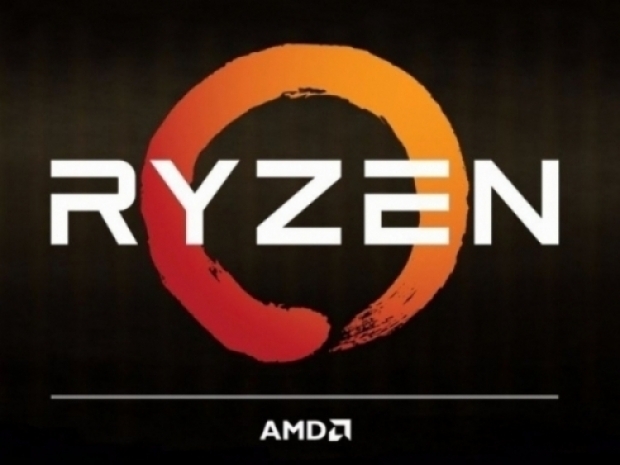High performance 2nd Gen AMD EPYC CPUs and Radeon Instinct GPUs will be contributed to power focused research programmes at the University of Cambridge, GENCI/ French National High-Performance Computing Agency, High Performance Computing Center (HLRS) at the University of Stuttgart and more institutions across Europe, the US and India.
With the previous donations made to NYU, MIT and Rice University, the 12 petaflops of total supercomputing power from the AMD COVID-19 HPC Fund would land among the most powerful supercomputers in the world according to the most recent TOP500 list.
The pandemic-related workloads will focus primarily on genomics, vaccine development, transmission science and modeling. The projects will range from evolutionary modeling of the virus and understanding the virus spike protein activation that occurs prior to first interaction between the coronavirus and human cell, to large scale fluid dynamics simulations of COVID-19 droplets as they travel through the air.
AMD also announced it will contribute a cloud-based system powered by AMD EPYC and AMD Radeon Instinct processors located on-site at Penguin Computing, providing remote supercomputing capabilities for selected researchers around the world. Combined, the donated systems will collectively provide researchers with more than seven petaflops of compute power that can be applied to fight COVID-19.
AMD President and CEO Lisa Su said: “High performance computing technology plays a critical role in modern viral research, deepening our understanding of how specific viruses work and ultimately accelerating the development of potential therapeutics and vaccines,” said AMD and our technology partners are proud to provide researchers around the world with these new systems that will increase the computing capability available to fight COVID-19 and support future medical research.”
The recipient universities are expected to utilize the new compute capacity across a range of pandemic-related workloads including genomics, vaccine development, transmission science and modeling. Additionally, scientists from around the world conducting COVID-19 research can request access to the remote AMD-powered cloud HPC cluster at Penguin Computing by submitting proposals to .




